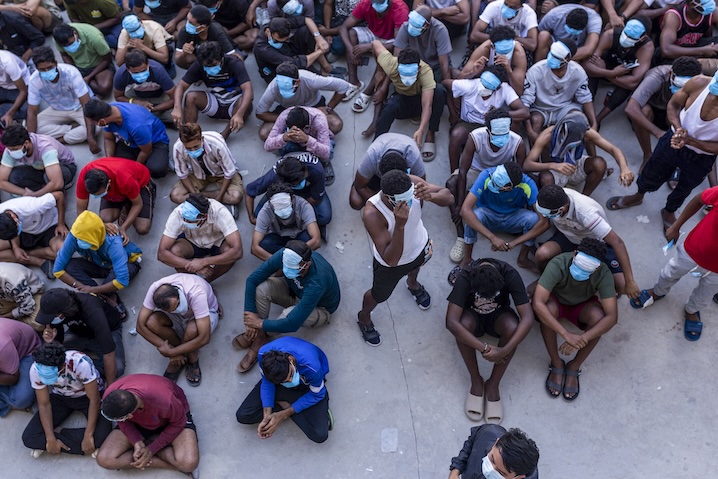China has intensified its crackdown on cybercrime networks operating in Myanmar, targeting powerful mafia families who lured Chinese nationals abroad and forced them into scam operations.
The UN estimates that hundreds of thousands of people remain trapped in scam centres worldwide. Many victims were lured by promises of lucrative jobs abroad, only to find themselves forced to commit online fraud under brutal conditions. Workers have reported horrific abuse, including beatings, electric shocks, and confinement in small dark rooms for resisting orders.
Chinese authorities are now prosecuting the masterminds behind these operations. Members of notorious families like the Weis, Lius, Mings, and Bais who once controlled entire districts, militias, and local infrastructure have been arrested. Several members of the Ming and Bai clans have received death sentences, while others face lengthy prison terms. The prosecutions are highly publicized, with documentaries and state media highlighting confessions and detailing the families’ fall from power.
These scams thrived in Myanmar’s border towns, exploiting local political vacuums and weak law enforcement. The families initially earned wealth through gambling and prostitution before expanding into cyberscams targeting Chinese citizens. The operations amassed billions of dollars, while victims endured violence and captivity.
Chinese authorities hope these high-profile crackdowns will deter future criminals, reassure the families of victims, and restore confidence domestically. Cases like Wang Xing a Chinese actor kidnapped to a scam centre in Myanmar have gone viral, drawing attention to the dangers of Southeast Asian scam networks.
Since 2023, over 57,000 Chinese nationals have been arrested for their roles in such scams. Beijing is making it clear: regardless of nationality or location, those involved in cybercrime and human trafficking targeting Chinese citizens will face the full weight of the law.
This crackdown highlights China’s determination to combat a sprawling “scamdemic” that has damaged its international image and trapped thousands in forced fraud operations abroad.

